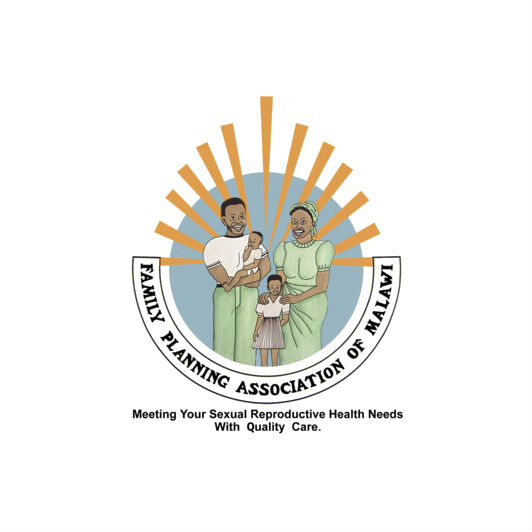

| 19 January 2024
Haiti Adolescent Girls Network (HAGN)
The Haiti Adolescent Girls Network (HAGN), established in the wake of the 2010 earthquake, is a local organization that fosters collective local and international partnership for the empowerment, safety, health, and well-being of girls and youth (10-24 years of age) in Haiti through the creation of safe spaces where girls can regularly meet to build their social, economic, cognitive, and health-related assets. The Network seeks to craft a sustainable partnership with and among these organizations, laying the foundation for long-term capacity building in Haiti. The network is designed for collaborative learning and draws on the expertise of its members to create girl-centered programming rooted in local contexts. The Haiti Adolescent Girls Network has as its goal, mission, and vision the following: Goal: Out of the earthquake and cholera emergencies as experienced by girls, to foster a well-resourced public-private network of places where girls can regularly meet to build their health-related, social, economic, and cognitive assets. Mission: The Haiti Adolescent Girls Network is dedicated to the empowerment, safety, health, and well-being of girls in Haiti. Vision: The Haiti Adolescent Girls Network envisions a world where adolescent girls are free of violence, discrimination and ill health, a world where girls feel supported, heard and safe, and have the opportunity to reach their full potential. Instagram Twitter

| 31 March 2016
Family Planning Association of Malawi
When it was founded in 1999, the Family Planning Association of Malawi (FPAM) focused on providing family planning services. As the organization has evolved, it has both refined and expanded its operation. Today, FPAM targets young people primarily, and reaches out to under-served rural communities. As a result, it operates 64 service points, including 53 mobile sexual and reproductive health (SRH) facilities and 4 static clinics. Its community-based distributor/services (CBDs/CBSs) profile is also very strong with 65 additional delivery points. As ever with IPPF Member Associations, the mix of outlets and approaches is very much led by the particular demographic and geographic needs of the country. FPAM also provides youth-friendly SRH information, education and behaviour change communication materials to young people at 4 youth centres, and through schools. Peer educators use group discussions, theatre performances, publications and audio-visual materials produced by community reproductive health promoters to pass on the message about good SRH practice and access to resources. The distribution of contraceptives, pregnancy testing, the diagnosis and treatment of sexually transmitted infections (STIs) and voluntary counselling and testing (VCT) for HIV are core to FPAM’s clinic activity. For its successful operation, the organization depends on a team of 46 full-time staff and over 600 volunteers. Over the years, FPAM has forged partnerships with health, family and youth departments in government, to advocate forward-thinking national SRH policies. It works with a variety of non-governmental organisations (NGOs) including the Malawi Girl Guides Association and Banja La Mtsogolo. Financing support comes from UNFPA, IPPF’s Japan Trust Fund, the Japanese Organization for International Cooperation in Family Planning (JOICFP), UNICEF, National AIDS Commission, GTZ, and Youth Incentives. FPAM also networks with other SRH-focused groups, particularly in the fields of HIV and AIDS and youth issues.







